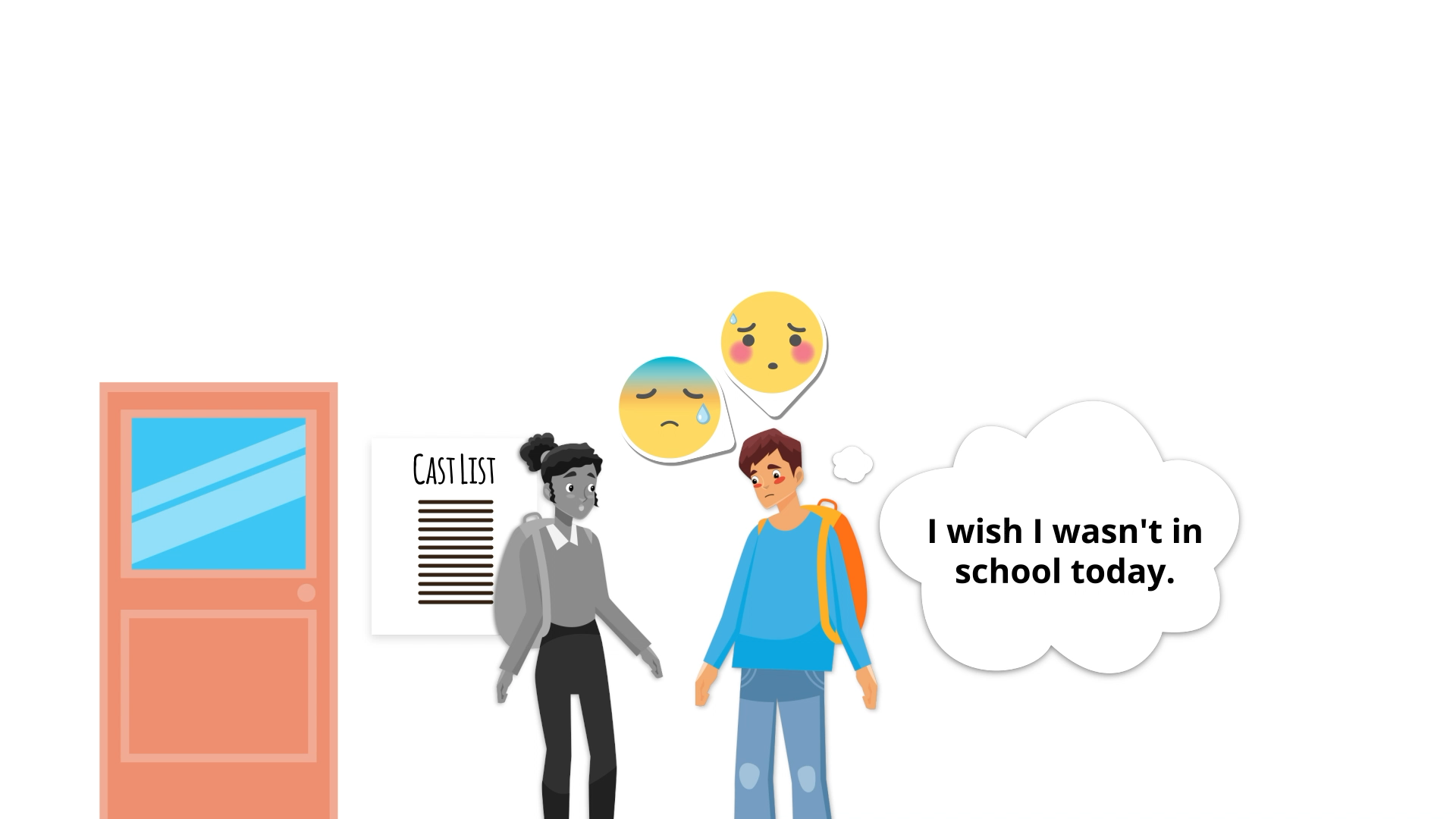Introduction
Rejection is an inevitable part of life, and learning how to handle it is a crucial skill for students in special education. By understanding and addressing the different levels of rejection, educators can help students develop resilience and improve their social interactions and overall well-being.
Understanding Rejection and Its Impact
Rejection can occur in various forms, such as in relationships or life events. It can lead to feelings of sadness, disappointment, embarrassment, or anger. Handling rejection effectively is essential for students’ learning, social interactions, and well-being. By developing strategies to cope with rejection, students can build resilience and better navigate social situations.
The Role of Specialists
Several specialists can support the development of rejection-handling skills:
- Speech-Language Pathologists: Help students improve their communication skills to express their feelings and thoughts about rejection.
- Social Workers: Assist students in understanding the social context of rejection and develop strategies to cope with it.
- Psychologists: Provide guidance on emotional regulation and help students develop coping mechanisms for handling rejection.
- School Counselors: Offer support and guidance in navigating social situations and dealing with rejection in school settings.
IEP Goals for Handling Rejection
Here are some specific SMART IEP goals to improve rejection-handling skills in students:
Goal 1: Identifying Levels of Rejection
By [date], the student will accurately identify and differentiate between small, medium, and big rejections in [percentage] of presented scenarios.
Strategies and activities:
- Role-playing different rejection scenarios.
- Discussing and categorizing past experiences of rejection.
Goal 2: Emotional Regulation
By [date], the student will demonstrate appropriate emotional regulation in response to small and medium rejections in [percentage] of observed situations.
Strategies and activities:
- Teaching deep breathing and relaxation techniques.
- Practicing self-talk and positive affirmations.
Goal 3: Seeking Support
By [date], the student will seek support from a trusted adult or peer when experiencing medium or big rejections in [percentage] of observed situations.
Strategies and activities:
- Identifying trusted individuals for support.
- Role-playing conversations to seek help and express feelings.
Implementing and Measuring Progress
To successfully implement these goals and measure progress:
- Collaborate with specialists to provide targeted support.
- Monitor student progress through observation and data collection.
- Adjust goals and strategies as needed based on student progress.
Conclusion
Developing effective IEP goals to help students handle rejection is essential for their overall well-being and social success. By working together with specialists and implementing these goals, educators can make a positive impact on students’ lives. We encourage you to apply these IEP goals and strategies in your practice and invite you to explore more resources at Everyday Speech Sample Materials.






